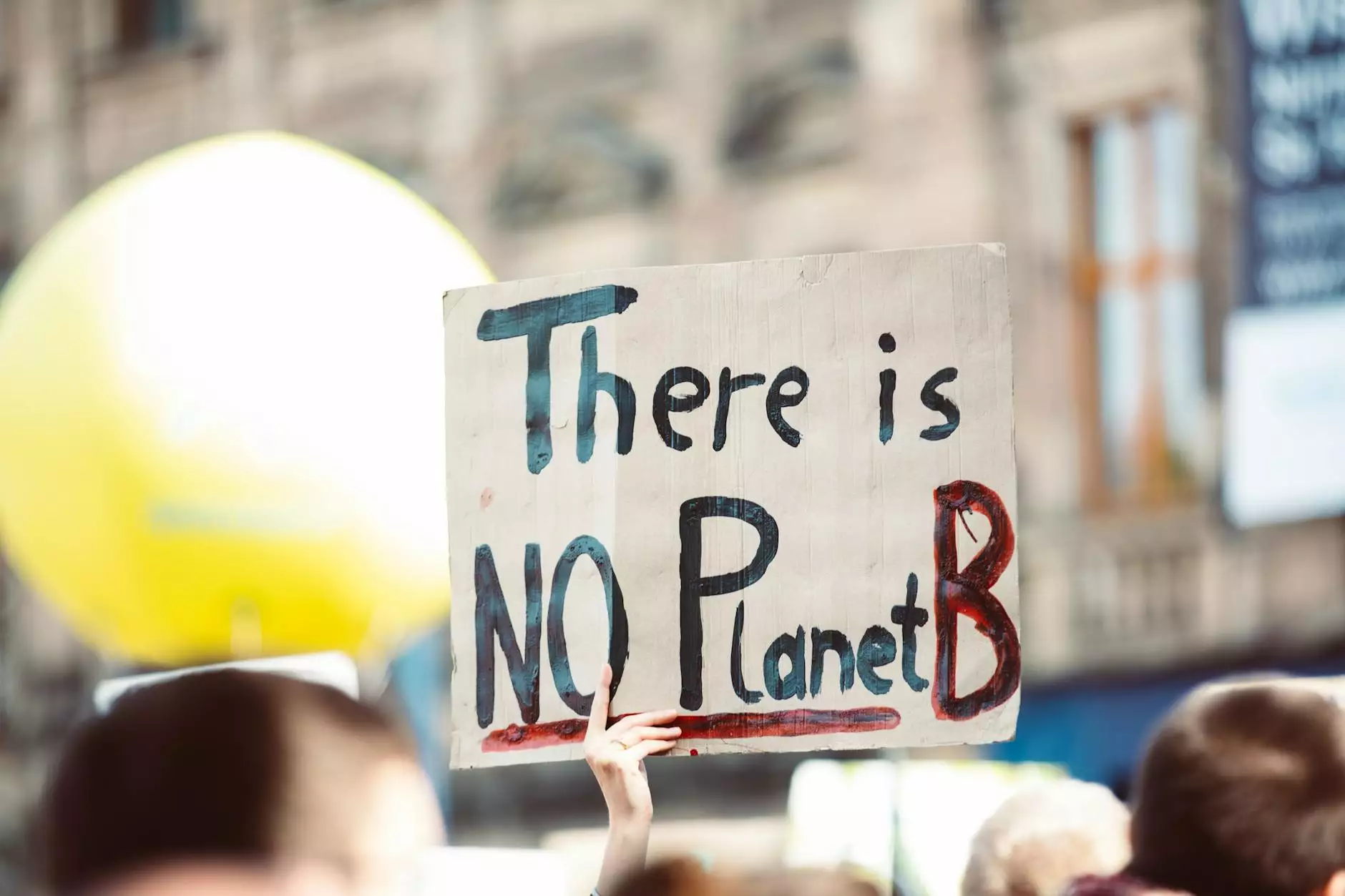Climate Change and Human Well-Being
Blogs
Understanding the Impact of Climate Change on Mental Health
Climate change is a global issue that not only affects the physical environment but also poses significant challenges to human well-being, particularly regarding mental health. As a leading expert in this field, Susan Clayton, PhD, sheds light on the intricate connection between climate change and mental well-being.
The Link between Climate Change and Mental Health
Research has shown that the increasing frequency and intensity of natural disasters, such as hurricanes, wildfires, and floods, can have severe psychological consequences. Individuals directly affected by these disasters often experience trauma, anxiety, grief, and even post-traumatic stress disorder (PTSD).
Moreover, climate change also exacerbates existing mental health issues. The uncertainty and fear surrounding the impacts of climate change, such as rising sea levels, extreme temperatures, and food scarcity, can contribute to heightened stress, depression, and feelings of powerlessness.
In addition, vulnerable populations, including low-income communities, children, and the elderly, face disproportionately higher risks to their mental health due to climate change. These groups often lack access to resources, such as healthcare, social support, and emergency response, amplifying the negative psychological impact.
The Psychological Toll of Climate Change
Climate change is not only limited to physical damage but also affects the overall quality of life. Some of the psychological impacts individuals may experience include:
- Anxiety and Fear: The unpredictability and uncertainty associated with climate change can evoke feelings of anxiety and fear about the future.
- Depression and Grief: Witnessing the destruction caused by climate-related events or mourning the loss of ecosystems can lead to depression and grief.
- Helplessness and Hopelessness: The perceived lack of control over climate change outcomes and the belief that nothing can be done can result in feelings of helplessness and hopelessness.
- Loss of Identity and Displacement: Disruptions to familiar environments and forced migration due to climate-related factors can lead to a loss of identity and a sense of displacement.
Coping Strategies and Adaptation
While the psychological impacts of climate change are significant, it is essential to remember that individuals and communities can adopt coping strategies to mitigate the adverse effects and promote resilience. Some key strategies include:
- Building Support Networks: Creating strong social connections and support networks can help individuals face climate-related challenges together.
- Engaging in Advocacy: Becoming actively involved in climate change advocacy efforts empowers individuals to make a difference and regain a sense of control.
- Practicing Self-Care: Prioritizing self-care activities, such as exercise, meditation, and seeking therapy, can support mental well-being in the face of climate-related stressors.
- Staying Informed: Staying informed about climate change issues and understanding sustainable practices fosters a sense of empowerment and encourages proactive decision-making.
- Encouraging Resilience: Developing resilience skills allows individuals to adapt and bounce back in the face of climate-related adversities, fostering mental well-being.
Expert Insights from Susan Clayton, PhD
Dr. Susan Clayton, a renowned expert in the field of environmental psychology, offers profound insights into the nexus of climate change and mental health. With her extensive research and expertise, she examines the implications of climate change on human well-being and highlights the importance of addressing mental health concerns as a critical component of climate change adaptation strategies.
Conclusion
As the impacts of climate change become more apparent, it is imperative to recognize the profound effect it has on human well-being, particularly mental health. Through expert insights and proactive strategies, individuals and communities can strive to adapt, cope, and promote resilience in the face of these challenges. By acknowledging the link between climate change and mental health, we can move towards building a sustainable future that prioritizes the well-being of both individuals and the planet.










